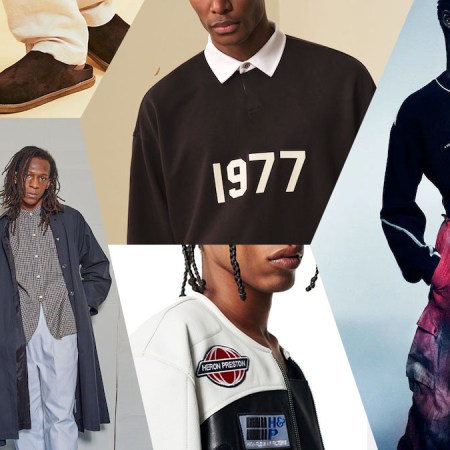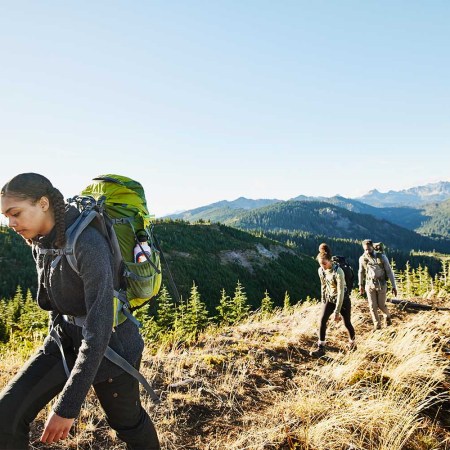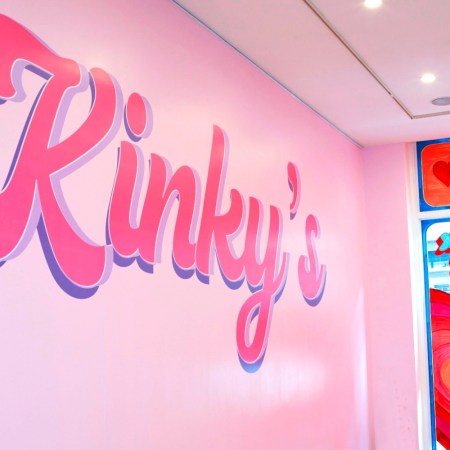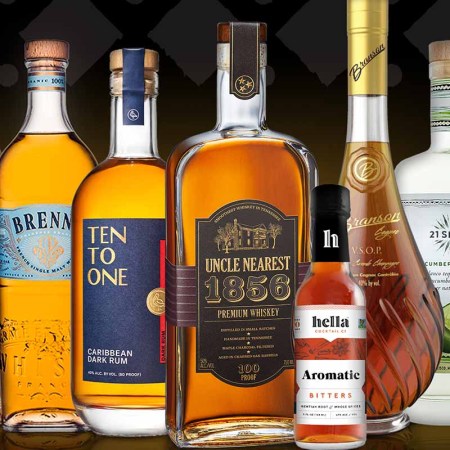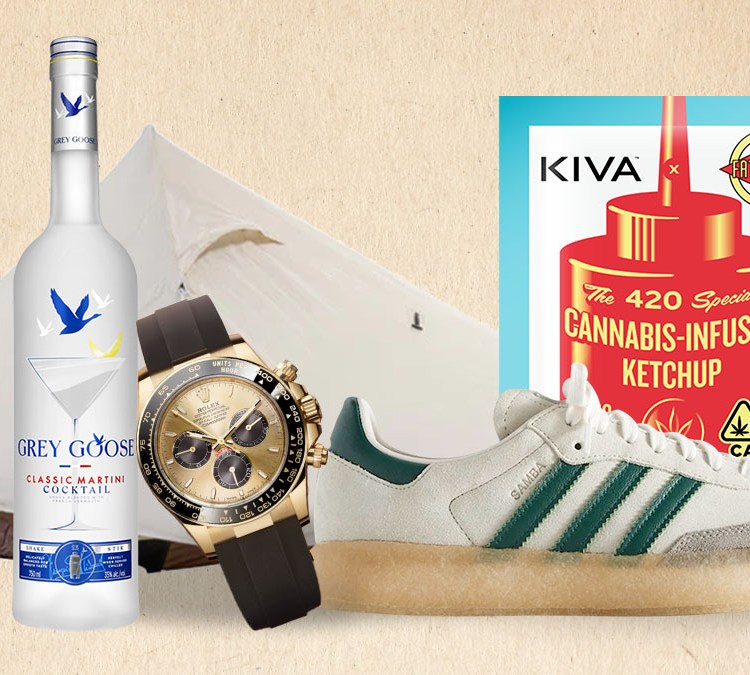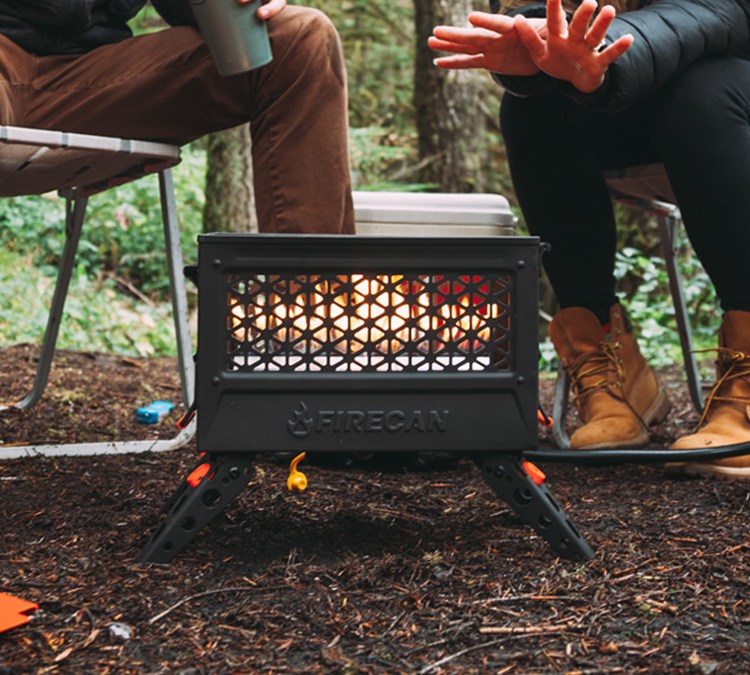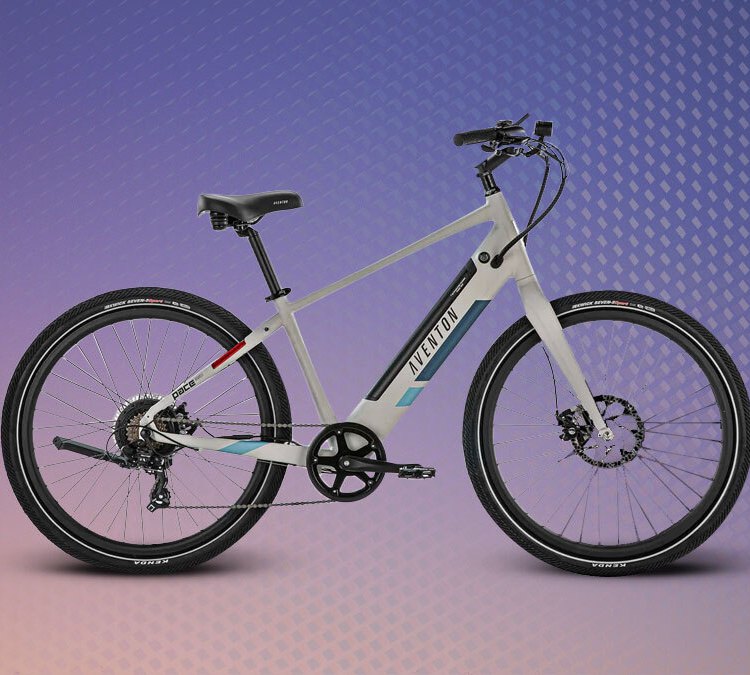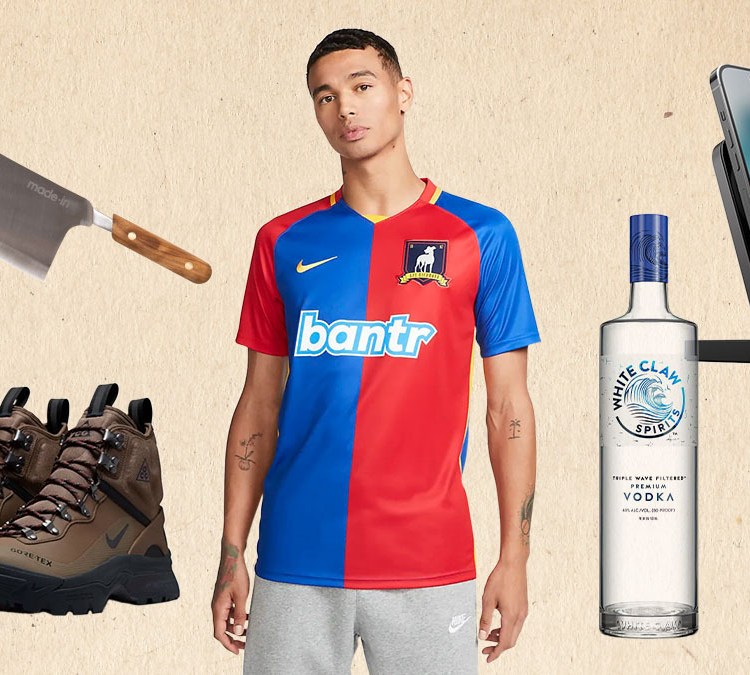Last June, surrounded by thousands of fellow New Yorkers angered by the latest brutal display of pervasive racism in America, Jon Laster took to the streets to protest the police killing of George Floyd. He marched along Eastern Parkway in Brooklyn, where he lives, moved by the outpouring of emotion from not only Black compatriots, but a cornucopia of people who populate the famously diverse borough.
The protest shined a spotlight on the social ills of Black Americans, Laster says. As vital and spirited as the gathering was, however, he believed his contribution to the cause could extend well beyond it.
“The energy that was created from those marches was the people out there saying, ‘We get it,’” Laster says. “But at the end of the march, all those people went home to do what?”
He thought to himself, “This time, you have to do something that can create lasting change.”
A veteran stand-up comedy performer and once a high school basketball star, Laster has no problem with public-facing responsibilities; in fact, he thrives in such conditions. So after marching, Laster texted a childhood friend who works in tech, asking her if she knew of anyone in the app-development trade. “Designing an app is complicated,” she responded. “Let’s talk this weekend and I can help you figure it out and connect you with people?” Laster, ignoring the light caution, responded to the question with a “thank youuuuuuuuuuuuu” — that’s 13 u’s, emphasis his.
A little more than a year later, Laster, no longer a tech-game novice, has armed himself and anyone else eager to enact the lasting change he envisions with BLAPP, the Black shopping app, a piece of technology that maps out locations of Black-owned businesses across the United States, from bars and restaurants to clothing outlets and haircare providers. Laster says BLAPP makes it easy to do something he had difficulty with himself, particularly while on the road performing stand-up in unfamiliar areas: supporting Black-owned businesses. Such action, he believes, is a first but sizable step on the path toward true social equity for Black Americans.
“We’re talking about tangible, cha-ching, here’s-your-check change,” Laster says.
In spite of more widespread wokeness — inspiring “wars” against it — that type of change is needed now more than ever. According to an August 2020 report from the Federal Reserve Bank of New York, within just the first few months of America’s COVID-19 crisis, 41 percent of Black small businesses folded, the largest such figure for any ethnic group. Even after a surge of support for Black-owned businesses last spring and summer as social justice protests flourished, a February 2021 H&R Block survey of small businesses found that, since the beginning of the pandemic, 53 percent of Black business owners saw their revenue drop by half. That same statistic for white owners? Thirty-seven percent.
All these COVID headwinds for Black entrepreneurs have only exacerbated the challenges they’d already faced for generations. Even before the pandemic, according to CNBC, eight of 10 Black-owned businesses folded within the first 18 months of operations.
A tool like BLAPP can help reverse such trends.

“From a consumer standpoint, some of us do feel tired of seeing rich people becoming richer, and we want to support some sort of small-business equity and not Jeff Bezos,” says Dr. Jorge Guzman, assistant professor of business management at the Columbia Business School. “Entrepreneurship, while risky, is a tried-and-true avenue for wealth creation, and so when one considers the benefits of wealth and resources, supporting Black entrepreneurs can allow for more of that in a direct way.”
Regardless of race, the widening wealth gap in the United States creates bigger barriers for lower-income populations in areas like education, which could help drive upward mobility. Personal wealth impacts individual health in myriad ways, and the lack of it spurs violent crime. Given that the average net worth of a white family in America is 10 times that of a Black one, a boost in economic holdings will go a long way in helping Black communities achieve greater social equity, which would in turn make for a more stable democracy.
Supporting Black-owned businesses can also reinforce the vitality of cultural experiences.
“When you look at a lot of Black-owned businesses, many of them have to do with novel, distinct products and services, which helps to build a vibrant community, as well as ethnic pride,” says Guzman. He adds that “Black Lives Matter had a big impact on our cultural understanding of this country’s racial inequities,” and applauds Laster for creating BLAPP in the wake of the protests, saying the app “looks very cool.”
Getting BLAPP to a place of amiable aesthetics, optimized performance and widespread availability was a process completely foreign to Laster. But he had at least one thing on his side: time.
“If it weren’t for the pandemic, I wouldn’t have been able to do it,” Laster says.
That childhood friend of his did eventually hook him up with a developer, who — as best as Laster can guess — developed code that scrapes Google for the app-fueling data. With an initial prototype complete, he pieced together a pitch deck and combed through his extensive, nationwide network of comedian colleagues, as well as friends and family, to forge connections with investors.
For a guy like him with no such experience, he says asking people he didn’t know for tens of thousands of dollars was “terrifying.” But all who saw his prototype responded well to it, and his confidence grew further when an actor friend on whom he was practicing his pitch immediately responded, “I’m in.” She wasn’t acting, and Laster had his first investor.
By June 2020, he’d collected at least $100,000 in seed funding, and soon got BLAPP into app stores after teaming up with Toptal, a successful development firm, to build the product consumers use today. One of Laster’s most noteworthy investors — and part of a small cohort of experienced advisors — is Iqram Magdon-Ismail, co-founder of Venmo. He says after meeting Laster and seeing the BLAPP prototype for the first time, “I was like, ‘This is dope, how can I help?’”
“The mission is extremely important because we can’t achieve true equality without financial equality,” Magdon-Ismail says, referencing BLAPP’s core purpose. “Talk about perfect timing, perfect vision, and perfect team. BLAPP will play a major role in directing massive wealth directly to the Black ecosystem.”
Laster says he was able to attract investors like Magdon-Ismail because of his connections in comedy, whom he can lean on for promotional support in the near future, as soon as some minor kinks in BLAPP get worked out after its recent soft launch. (Laster also says he’s working with another business partner to develop ads for the app, and hopes to post a form on the app’s website so Black-owned businesses that for some reason do not appear on BLAPP can apply for inclusion.)
Mike Birbiglia, a comedic performer famous for one-man shows like Sleepwalk With Me, which was adapted into a motion picture, is sure to be among the personalities who’ll get the word out about BLAPP. After all, he’s an investor, too.
Birbiglia’s known Laster for years, having worked together at the famed Comedy Cellar in Downtown Manhattan. He asked Laster to join him on his podcast last summer, after Laster recorded what Birbiglia calls a “really powerful Instagram post” about the Black Lives Matter movement. “He felt so strongly in that moment about taking action and affecting positive change through something tangible and actionable,” Birbiglia says.
After more than a year of bootstrapping, Laster’s hopes have manifested into unlikely but potentially impactful app downloads and engagement.
“I use the app. I love the interface. I love the design,” Birbiglia says. “And I love Jon. I think all comics do. In a business where everyone secretly hates each other, I think every comic openly loves Jon.”
Laster says seeing the app materialize into the offering it is now has been “extremely emotional.” That emotion poured out of him when he recently stopped by a wine store he’d never shopped in to purchase a couple bottles for a friend’s birthday. The outpost had popped up on BLAPP, and when Laster walked in, he was surprised to find an older white man who he presumed the owner behind the register.
After striking up a conversation with him, Laster found out the man was indeed one of the proprietors of the store. The other owner, the man’s wife, is Black. He also told Laster they’d been trying to push Black-owned vintages on specially marked shelving.
Laster walked out with two $25 bottles from Black-owned wineries in a Black-owned store he found on BLAPP.
“I just started bawling,” he says.
He realized, then, that if he could get one million people — in a country of 350 million — to take a similar step just once, that alone would put $50 million into the registers of Black-owned businesses.
“So imagine what the potential is.”
This article was featured in the InsideHook newsletter. Sign up now.

